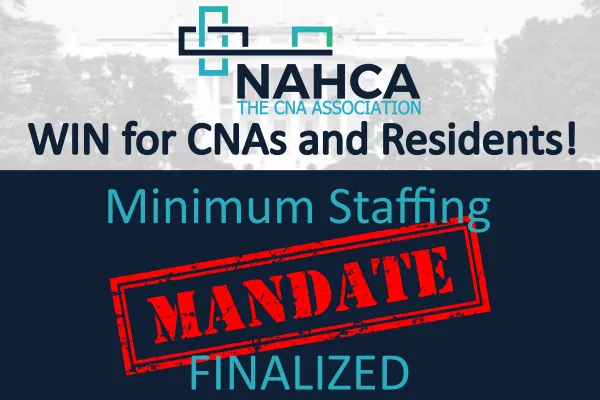Oops that link no longer exists...
Is one of these links what you are looking for?
CNAs...
We're Here For You!
Member Login
Virtual Campus Login
Job Board
CNA TV
Blog
Privacy
Terms
The Preceptor Program Is For You If...
You answer YES to any of these questions than this is your call to action to be part of a groundbreaking solution to one of the biggest challenges facing nursing homes and assisted living communities today!
Are you tired of struggling to retain top-quality Certified Nursing Assistants (CNAs)?
Are you looking for a solution to your CNA retention struggles?
Are you passionate about making a positive impact in the healthcare industry?

Hear From People We Have Helped
Lorem ipsum dolor sit amet, consectetur adipiscing elit. Pellentesque nec mauris venenatis, aliquam tortor in, commodo metus. Quisque sodales viverra
John Doe
Simple Company
Lorem ipsum dolor sit amet, consectetur adipiscing elit. Pellentesque nec mauris venenatis, aliquam tortor in, commodo metus. Quisque sodales viverra
Jan Doe
Simple Company
Lorem ipsum dolor sit amet, consectetur adipiscing elit. Pellentesque nec mauris venenatis, aliquam tortor in, commodo metus. Quisque sodales viverra
Jan Doe
Simple Company







